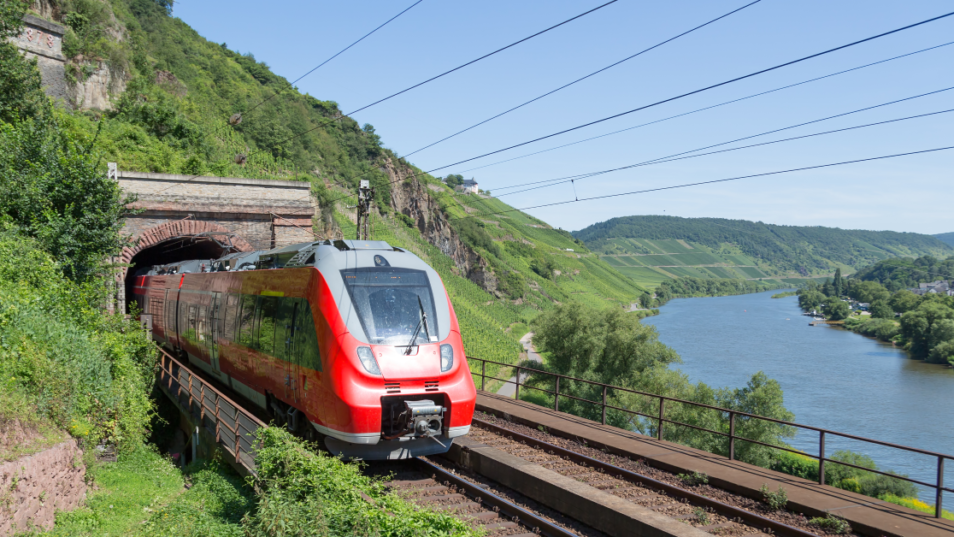Indo-German Cooperation for the Future of Green Mobility in India

By the end of this decade, all of the world’s fastest growing cities will be located in India. Apart from Bengaluru and Chennai, these cities such as Surat, Trichy, Rajkot and Agra were once erstwhile district headquarters. They are becoming urban powerhouses today due to various industry and inward migration from other parts of the country.
Researchers estimate that over 800 million Indians will be living in cities by the year 2050. According to research by the Centre for Science and Environment (CSE), New Delhi, cities with critical level of PM10 (more than 1.5 times the standards) increased from 60 percent in 2007 to 75 percent in 2018. With these rapidly developing urban conglomerations comes the need to facilitate efficient, low-cost and clean public transport for India’s citizens.
The Indo-German cooperation with regards to sustainable transport and green mobility has a long standing history. The latest cornerstone in this was the Joint Declaration of Intent on the Indo- German partnership on Green Urban Mobility. This declaration was issued following the German Chancellor, Angela Merkel’s official visit to India in November 2019. According to the declaration, Germany has expressed its readiness to provide an additional concessional finance of Euro one billion to support improvements of green urban mobility infrastructure and services, and strengthen capacities of national, state and local institutions to design and implement sustainable, inclusive and smart mobility solutions in Indian cities.
Making provisions for e-buses, especially for public transport in India is among the key, environment-friendly solutions. A bus, which occupies just over twice the space of a car, can carry about 40 times the number of passengers as a car. In India, it is estimated that urban residents spend up to 30 percent of their income on transport. In any Indian city with a population of over eight million, it is estimated that a person travels at least 14 kilometres on average every day. With over 250 million vehicles on the road, 40 percent of India’s emissions have an urban origin.
Indo-German Research Collaborations in Green Mobility
In the space of research collaborations too, there are exciting developments afoot in the field of green mobility and exploring smart solutions for urban transportation. In 2018, the Indian Institute of Technology (IIT)- Kharagpur began collaborations with the Technical University of Munich to setup a research centre on intelligent transport systems. The research centre is currently based in IIT-Kharagpur but an office is slated to be established in Munich too. The centre primarily focuses on three aspects related to urban mobility: . These are: integrated end-to-end transportation systems, India specific automotive technologies and collaborative development of automotive systems and softwares.
Interview with Special Secretary to Government, Tmt Pooja Kulkarni, IAS
(Tamil Nadu), spoke to DWIH about the project and Indo-German co-operations to facilitate Green Mobility. You can read the interview here!
